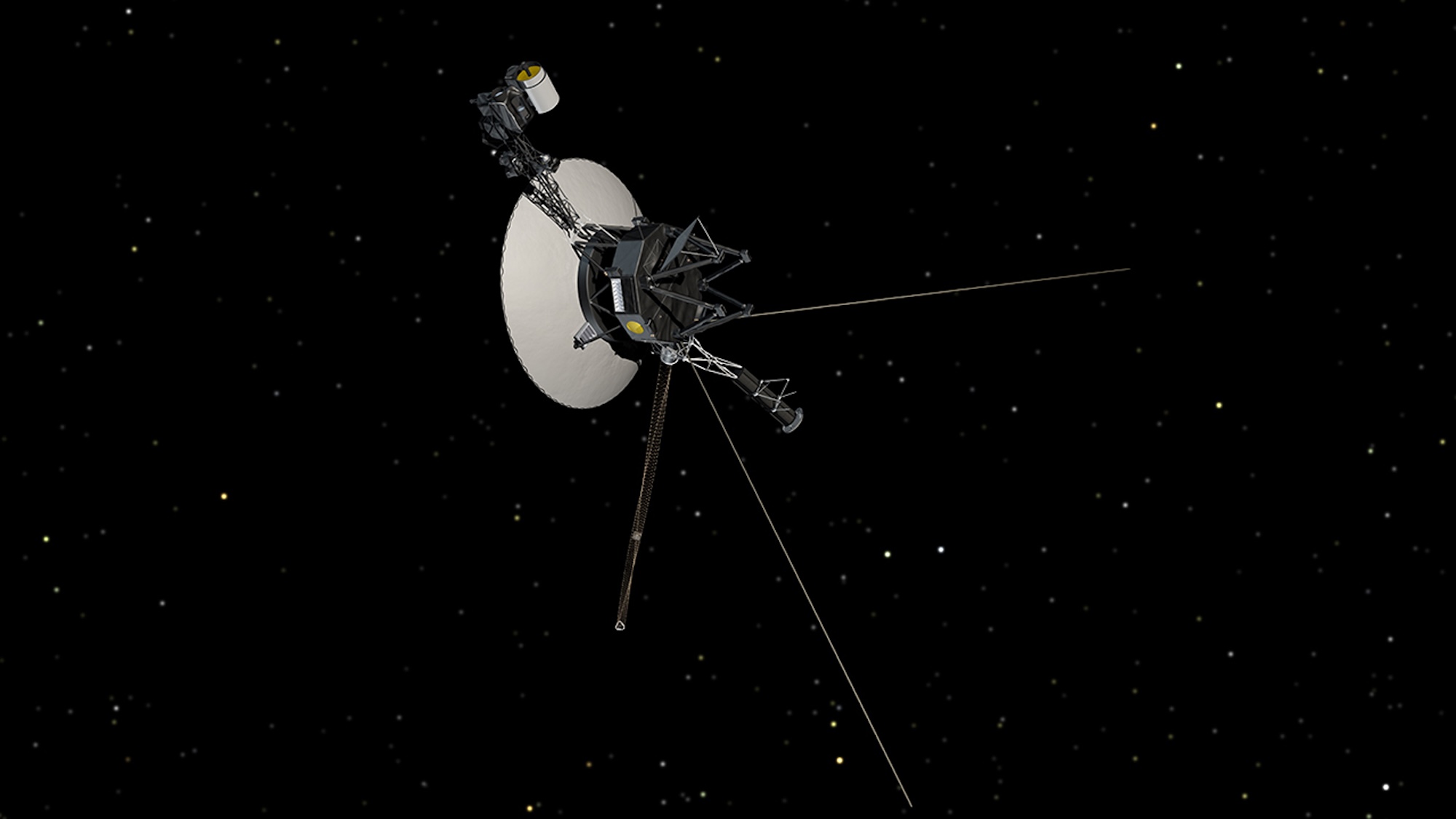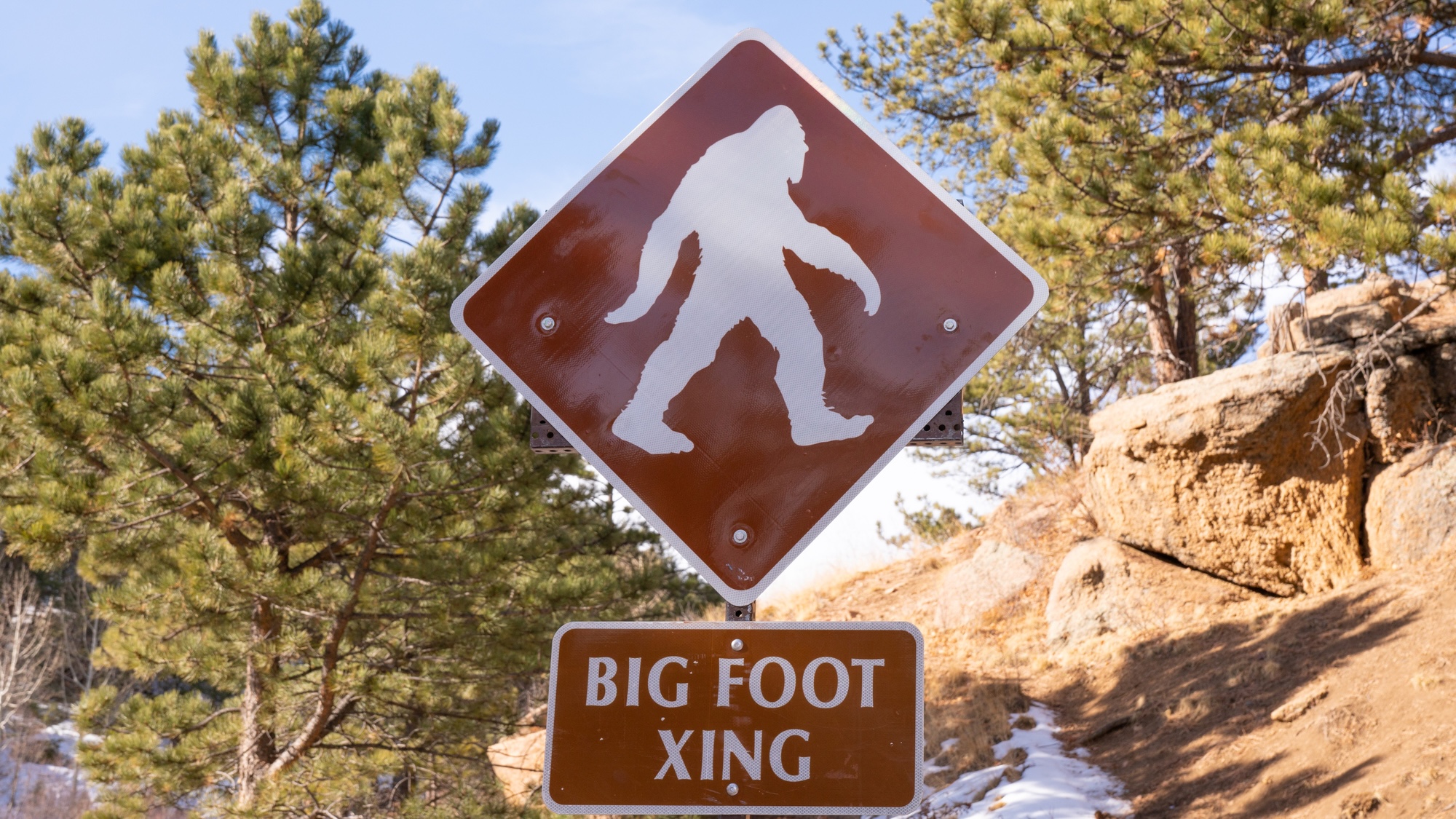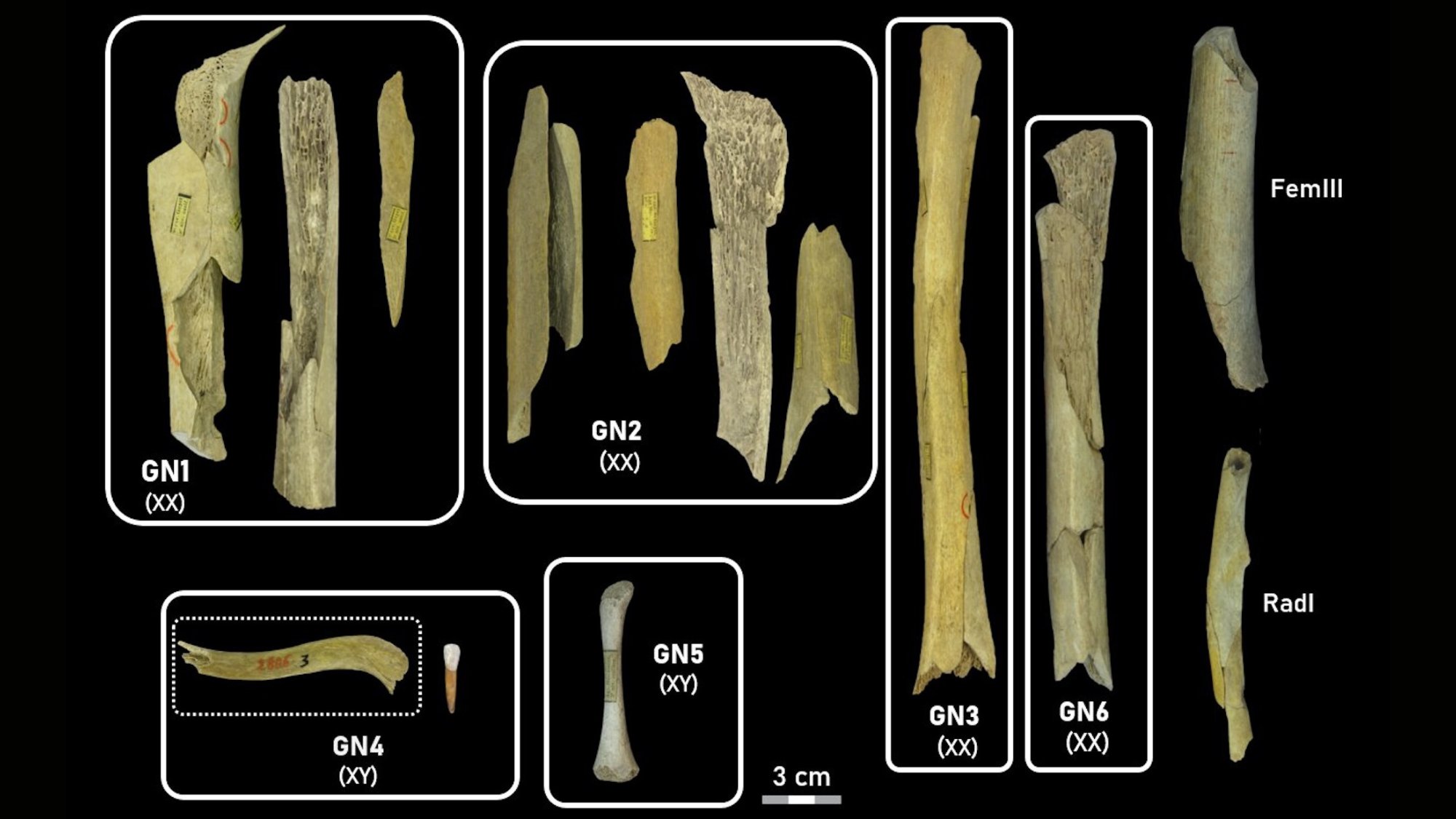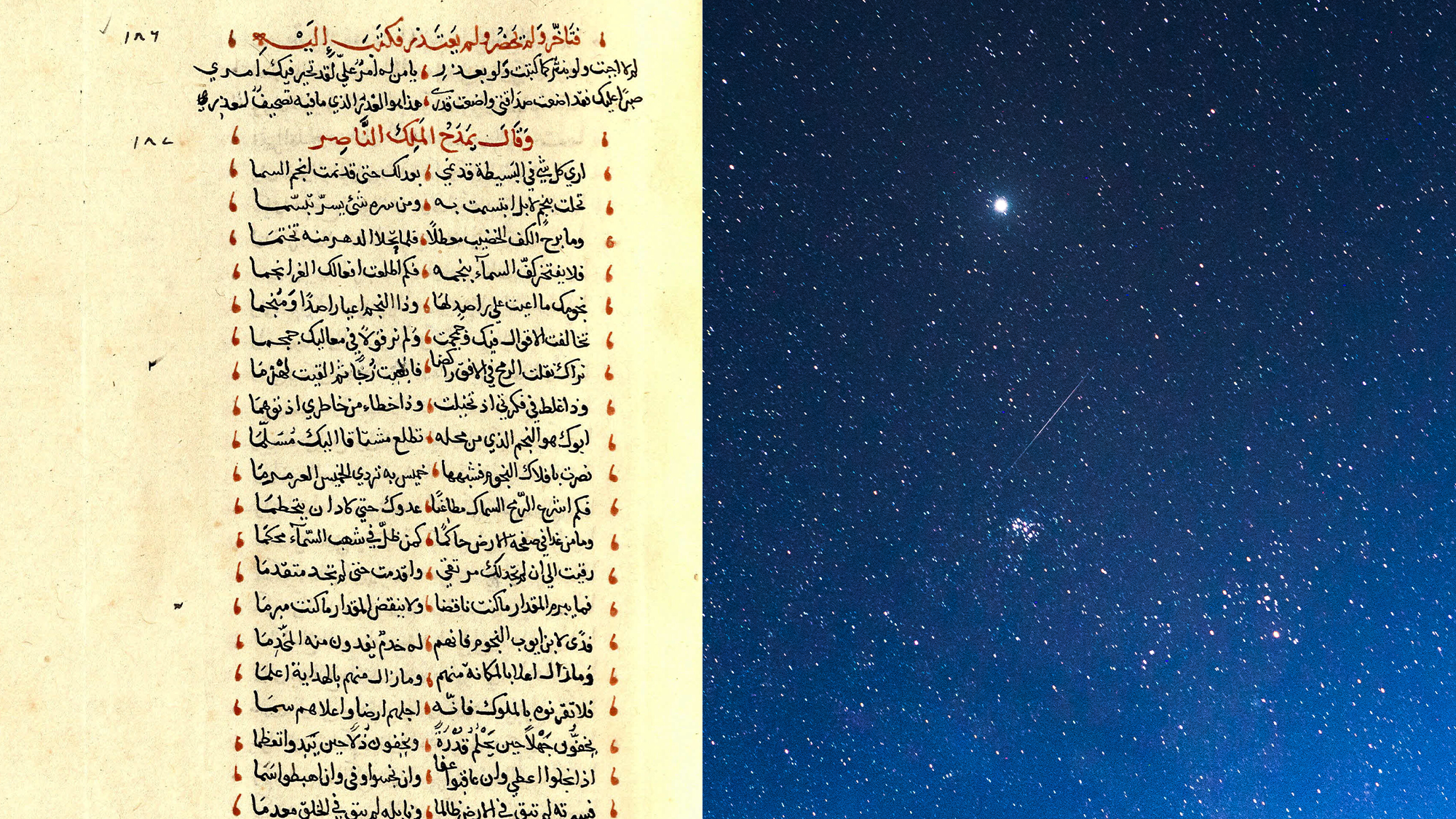Voyager 1 is almost one light-day from Earth
PositiveScience

- Voyager 1, the pioneering spacecraft launched by NASA, is nearing a significant distance milestone, expected to be almost one light-day from Earth by November 2026. This achievement highlights the spacecraft's ongoing journey through interstellar space, continuing to send valuable data back to Earth.
- The nearing of this milestone underscores the remarkable longevity and success of the Voyager program, which has provided critical insights into our solar system and beyond. It emphasizes the capabilities of human engineering and exploration, inspiring future missions and scientific endeavors.
— via World Pulse Now AI Editorial System




